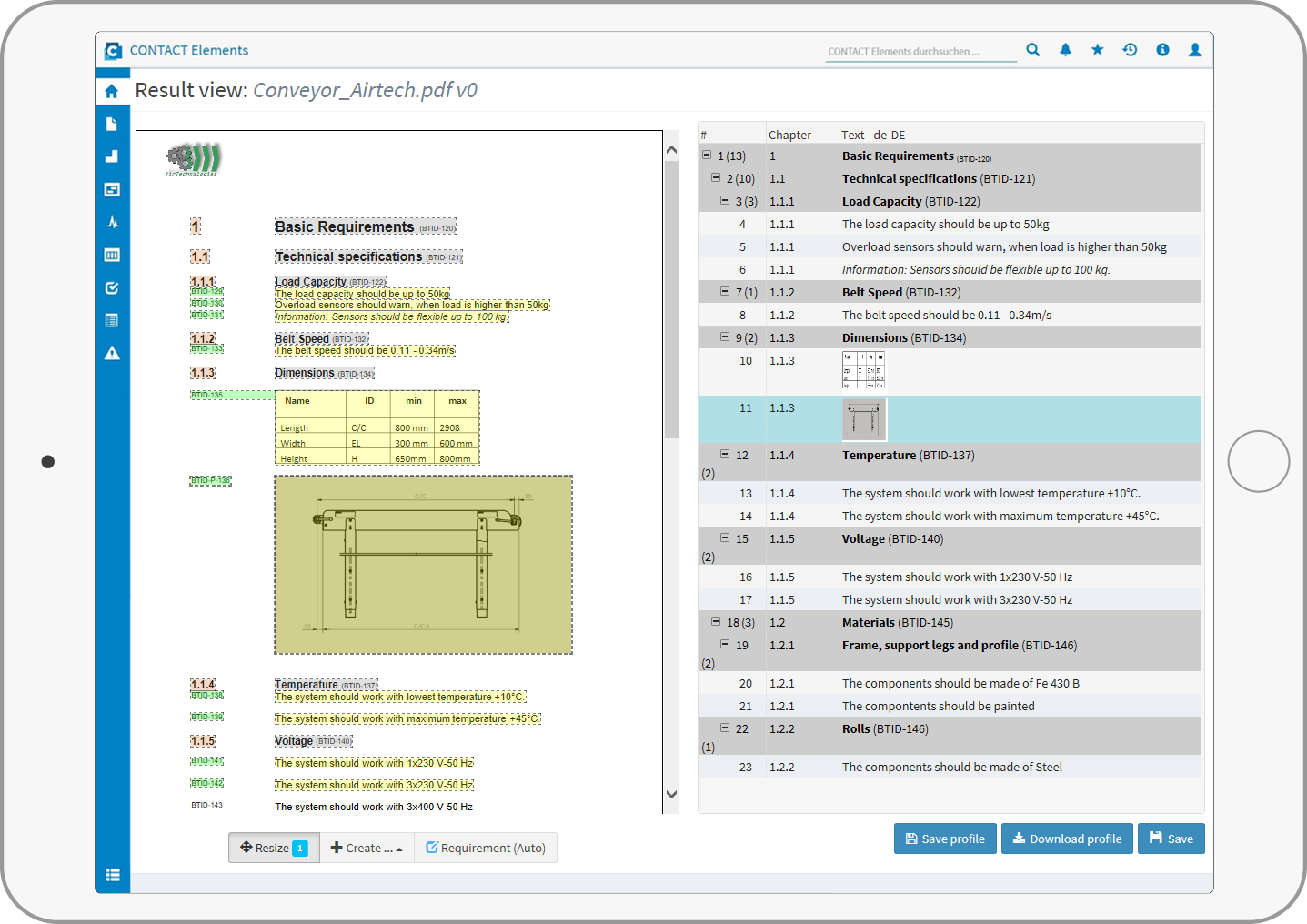

Then, schedule periodic check-in meetings throughout the project lifespan with key decision-makers who contributed to it. The best way to do this is by establishing a personal check-in system for yourself and your team.įirst, review your requirements management plan at least once a week after it’s first created. Keep track of any change requests, delayed tasks, or active policies at every phase of the project. Make sure that every item on your requirements management plan includes information on who authorized it, why it’s important, and what its completion status is in real-time.Ī requirements management plan needs constant evaluation. Create one or more fail-safe plans for issues you anticipate. Make sure your requirements management process is malleable. Business goals may change, client needs might evolve, and stakeholders can pivot to new strategies overnight. Keep all requirements management details in a single, accessible space where all contributors can view, edit, and comment.

While it does not include every project step, it does cover all the information coming in from relevant outside sources and will heavily influence how you plan the rest of the project. These policies and tasks are dictated by the overall needs of the business, the solution for the problem your project attempts to solve, and the expectations of key stakeholders when starting a new project. Requirements management is a list of policies and tasks that must be adhered to or completed throughout an entire project.
Requirements manager how to#
Then, we’ll cover some tips for creating an ideal process, how to track and monitor it once it’s live, and how Wrike’s project management solution can supercharge your own successful requirements management plan. In this post, we’ll explore how to define requirements management. The solution? Learn how to define requirements for a project with a requirements management plan that aligns business and project values that your entire team can get behind. This can lead to a higher project failure rate. More than 80% of project managers and team leaders believe that process requirements don’t articulate the needs of the business.


 0 kommentar(er)
0 kommentar(er)
